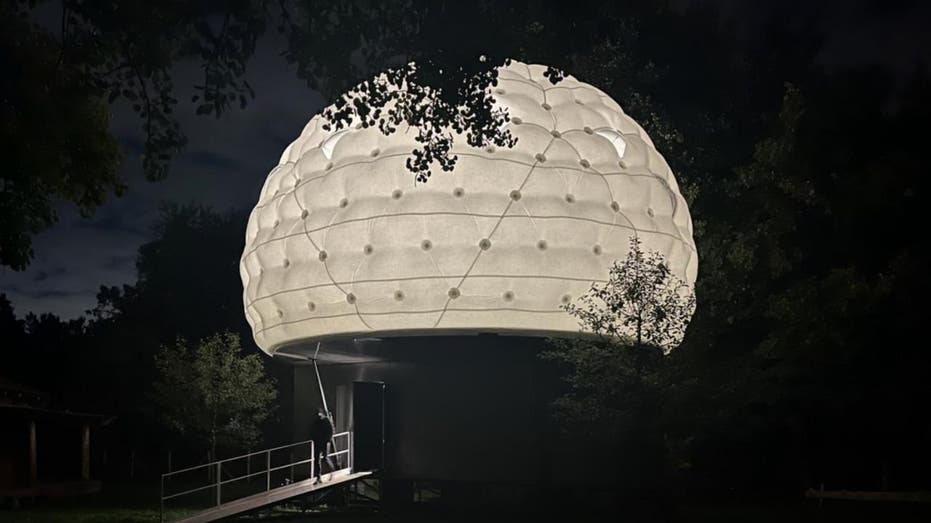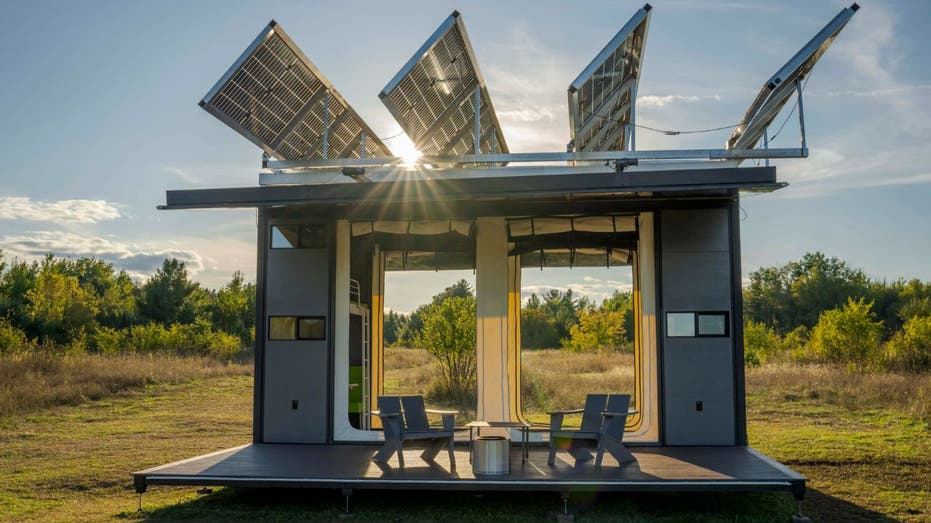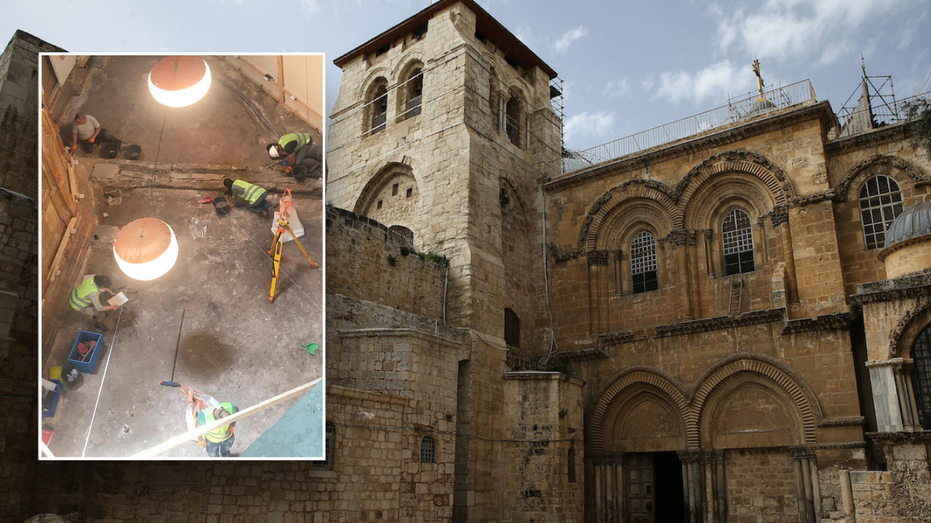- by foxnews
- 05 Apr 2025
Inflatable tiny house with space for six is blowing up
An inflatable six-person tiny house from a firm called 2001 looks like a space station with its inflatable dome that is transportable and eco-friendly.
- by foxnews
- 17 Feb 2025
- in technology

This mobile living space resembles a space station with its inflatable dome, which can inflate to triple its size. The brains behind this futuristic pad is an architectural firm called 2001, and it was developed for Esch-Alzette in Luxembourg, which is the country's second-largest city.
Now, I'm not talking about just another cramped mobile tiny home here. This thing can not only grow in size but is transportable, and it's even eco-friendly. Let's dive in and see how this space-age dwelling actually works.
This inflation process, which can be completed in as little as 15 minutes, turns the compact trailer into generous sleeping quarters capable of accommodating up to six people comfortably.
The use of cork for flooring adds an eco-friendly touch to the design, further emphasizing the project's commitment to sustainability.
While the E22SS PIU! may not be a practical solution for everyday tiny living, it serves a greater purpose. Created as part of Esch's Capital of Culture program, this project is designed to explore various contexts and environments within the city of Esch. It challenges our perceptions of resource usage in architecture and society, stimulating discussions about innovative housing solutions.
Phillippe Nathan, Founder of 2001, an architecture firm developing territories, buildings, spaces and ideas, tells CyberGuy, "E22SSPIU is not a solution, nor does it seek resolution. It is a provocation - an experimental construct that redefines collective living by destabilizing conventional relationships to resources: soil, water and energy. It resists fixity, embedding itself within shifting landscapes, absorbing and reflecting their logic. Less an answer, more a system in flux."
The Esch 22 Space Station is a bold experiment in mobile architecture. By combining portability with expandability and sustainable features, it pushes the boundaries of what we consider possible in temporary living spaces. While it may not be a practical solution for everyday use, the E22SS PIU! serves as an important conversation starter about the future of housing, resource management and urban development.
Follow Kurt on his social channels
Answers to the most asked CyberGuy questions:
New from Kurt:
Copyright 2025 CyberGuy.com. All rights reserved.
- by foxnews
- descember 09, 2016
Excavation near site where Jesus was crucified and buried results in ancient discovery
Proof of ancient olive trees and grapevines, consistent with a Bible verse, has been found at the Church of the Holy Sepulchre in Jerusalem, an archaeologist confirms.
read more





